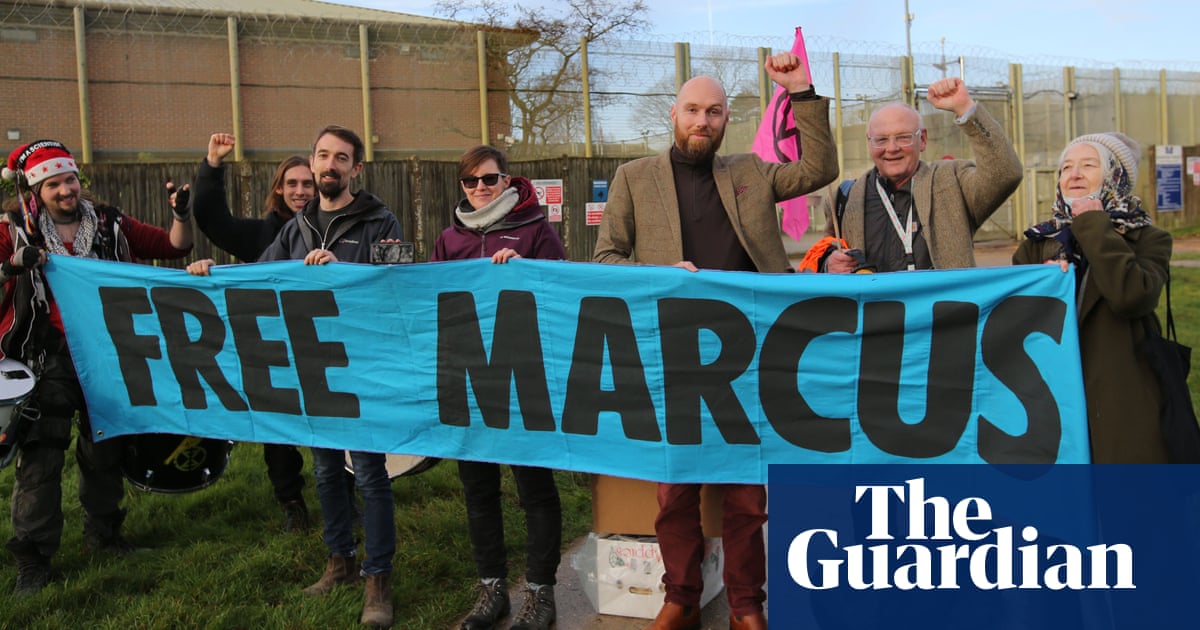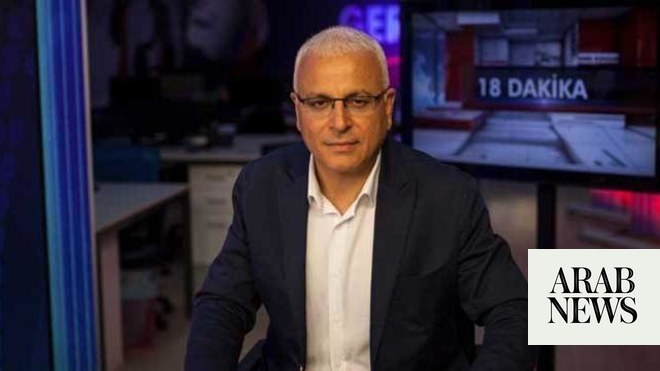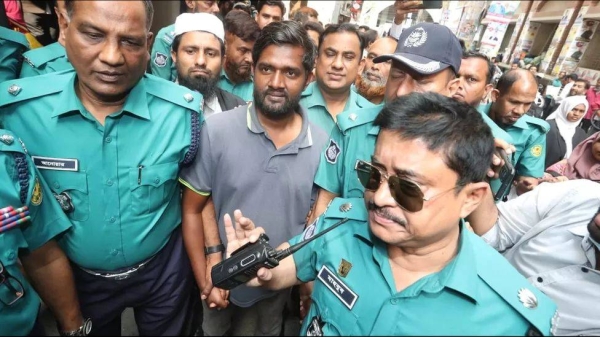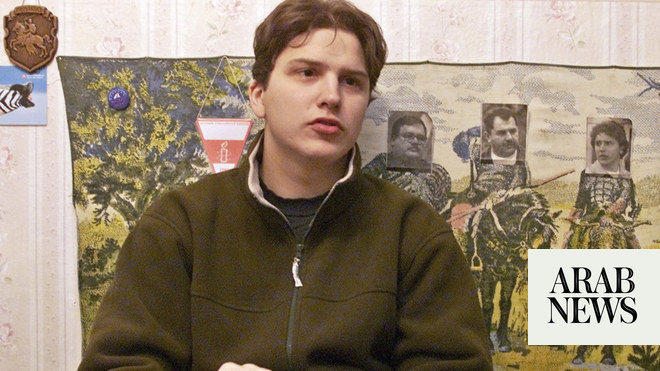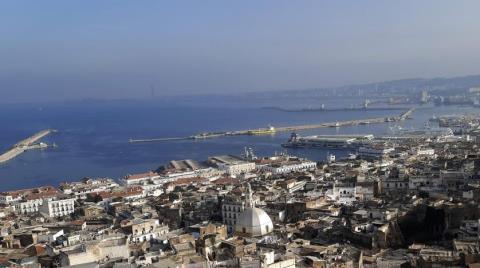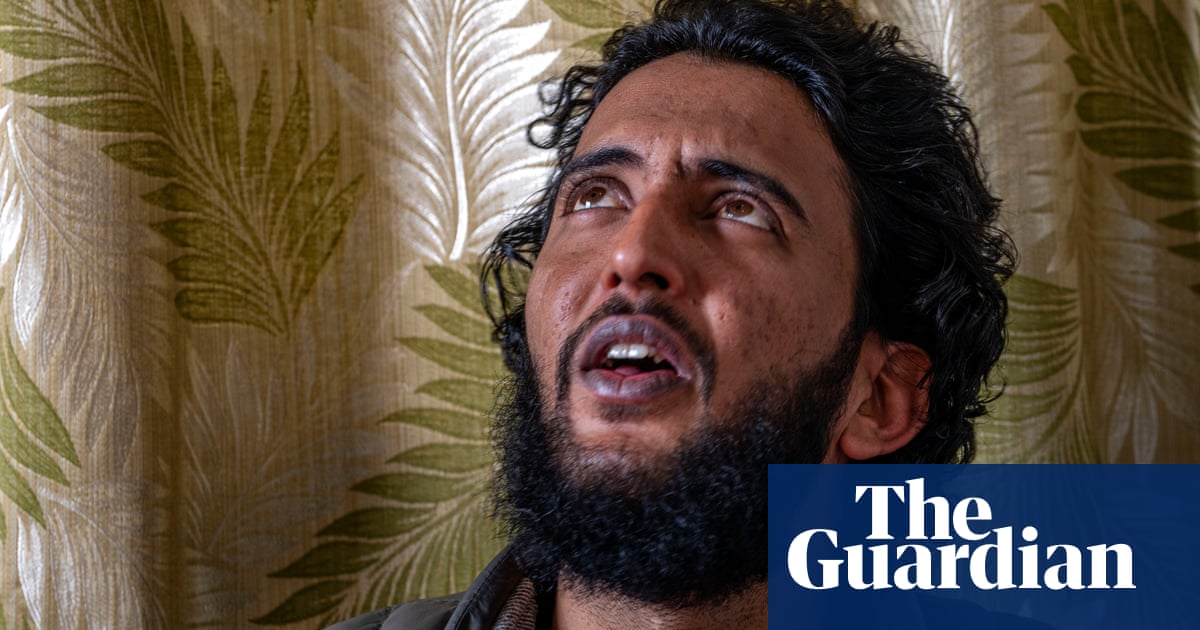
During his more than 600 days behind bars, Fahad Shah, a Kashmiri journalist, had begun to lose hope that he would ever see freedom again. It was in February last year that Shah, 34, the editor of the Kashmir Walla, one of the last remaining independent news websites in the region, was arrested on charges of “glorifying terrorism” and publishing “anti-national content”.
What followed was a crushing 21 months for Shah as his high-profile case became a symbol of the growing harassment faced by Kashmiri journalists. He was granted bail in one case, only to be swiftly re-arrested and hit with new, more draconian charges.
Even as the charges against him were gradually quashed and he was given bail in three of his four cases, it was not until last month that he was finally granted relief by the courts, who found insufficient evidence to charge him with terrorism. On 23 November, on the back of a fresh bail order, he walked free from Kashmir’s Kot Bhalwal jail.
Though filled with deep relief and happiness to be back with his family, Shah, speaking from his home in Srinagar, looked frail and drawn, huddled beneath a blanket. He spoke quietly about what he had endured and said he was not able to freely discuss the cases against him.
“Jail crushes you slowly from inside,” he said. During his time behind bars, Shah was moved around to different jails and faced months of interrogation. “You get affected mentally and physically,” he said. “You reach a point where you are broken and you make peace with this new personality you become in the prison.”
At one point he was kept for 20 days in solitary confinement in a 6ft-by-6ft cell, with no communication with the outside world. The harsh conditions made him ill and he began to hallucinate. “I did not know what was going on, that was a really worse period in this whole time,” he said.
Prior to his arrest, the Kashmir Walla had been one of the few news platforms in the region still publishing critical news and investigations about human rights abuses, amid an ongoing crackdown on independent media. Shah had also been an occasional contributor to the Guardian.
After August 2019, when the ruling Bharatiya Janata (BJP) government in Delhi decided to strip Kashmir of statehood and bring it under direct government control, an internet and communications blackout was imposed for months and a systematic crushing of independent journalism began.
Several journalists were jailed or have been charged in cases, some under draconian anti-terror laws, while others have endured police intimidation or days of interrogation and been forced to reveal their sources. Many have been put on a blacklist and banned from travelling abroad. Strict regulations were passed to control the media and the once thriving press club was shuttered.
Local newspaper adverts, their main source of revenue, were cut to bring the publications in line, barring them from reporting anything critical of the government.
Kunal Majumder, the Committee to Protect Journalists’ India representative, said: “Fahad’s ordeal reflects the challenges journalists in Jammu and Kashmir endure for doing their work. Authorities in Jammu and Kashmir must stop this trend of criminalising journalists and be tolerant of critical and dissenting voices.”
Days after Shah’s bail, a court quashed terrorist charges against another Kashmiri journalist, Sajad Gul, who has been in jail since January 2022. He is yet to be released, his family told the Guardian. There are three more Kashmiri journalists who remain incarcerated.
Despite struggling with resources, the Kashmir Walla had continued its work after Shah’s arrest, even when it could afford only six staffers, until authorities unilaterally blocked its website and shut down its office in August without warning.
Though his publication has closed down, Shah vowed to continue working as a journalist in Kashmir, but he said his outlook on the world had changed. “I will be able to see things differently when I resume my work. I think the time spent in prison formed in me a new lens, through which I will be able to see things a little differently now.”
Shah said he ultimately made peace with the reality of jail after being shifted to Kot Bhalwal, in the city of Jammu, in June last year, where he got access to books and newspapers and started interacting with inmates. To his surprise, many prisoners knew him already, either because they had seen his work or he had interviewed them at some point as a reporter.
Shah said he was still struggling to adjust to normal life at home. “In jail I had made plans about the things I would do after my release, the food I would eat, but all of those things have suddenly become unimportant,” he said. “My family is around and my colleagues have been visiting me, showing care and compassion. It feels like they have been waiting for this day.”




